The remaining carbon budget is running out to limit global temperature rise to 1.5 degrees Celsius. To achieve this goal, emissions from existing fossil fuel infrastructure need to be halved by 2030.
It is predicted that efforts to combat climate change can only be successful if global emissions are reduced by at least 50 percent by 2030 and reduced to zero by 2050.
Greenhouse gas emissions stand out as the main cause of climate change. Due to its accumulation in the atmosphere and being affected by human activities, carbon dioxide is the type that causes the most climate change among the emission types. There are other types of emissions such as methane gas and nitrous oxide monoxide.
According to International Energy Agency (IEA) data, carbon emissions from the energy sector increased by 6 percent in 2021 compared to the previous year and reached an all-time high (36.3 gigatons).
The latest report of the Intergovernmental Panel on Climate Change revealed that the world's carbon budget is rapidly depleted due to fossil fuels, that emissions should be sharply reduced and no new fossil fuel investments should be made.
The world's existing fossil fuel infrastructure alone could deplete the world's remaining carbon budget, according to the report. Existing fossil fuel projects risk causing 660 gigatons of carbon emissions compared to the remaining 510 gigatons equivalent carbon budget to limit global warming to 1.5 degrees Celsius.
Boğaziçi University Climate Change and Policies Application and Research Center Board Member Prof. Dr. Murat Türkeş answered the questions of AA correspondent about the types of emissions and the importance of reducing emissions in the fight against climate change.
Türkeş said that emission can be evaluated as a substance, gas, liquid and even energy produced or released by a system or factory, and that all types of emissions are important, but the amount of carbon dioxide in the atmosphere is one unit per million volume, while others are one unit per billion volume.
Noting that methane and nitrous oxide are also important greenhouse gases after carbon dioxide, Türkeş said, "The potential of methane and nitrous oxide to cause climate change is much higher than carbon dioxide, but since carbon dioxide is released into the atmosphere more, it is at the forefront in terms of causing climate change." shared his knowledge.
GHG accumulation nearly doubled from pre-industrial levels
Pointing out that the greenhouse gas, which has the highest accumulation in the atmosphere, approaches 414 PPM annually, Türkeş continued as follows:
"This amount is about to double compared to the pre-industrial level. When we look at the absolute values in the atmosphere, the carbon dioxide accumulation is about 780-800 billion tons. Every year, at least 3 billion tons of carbon in the atmosphere is added to this 800 billion tons of carbon. causes disruption of the natural carbon cycle."
Türkeş noted that the ranking of the countries that cause the most emissions has changed greatly in the last 10 years.
Reminding that the country that caused the most emissions about 20 years ago was the USA, Türkeş said, "But now China is in the first place, followed by the USA and India. 1.4 billion people live in China. The USA has a serious control over industry and energy and The consumption habits are luxury. This makes it difficult to control emissions. India is also the country with the second largest population and is developing. Most of these are followed by OECD and EU countries. Turkey's share in emissions is 1%. Compared to other countries, its share in emissions is disproportionate, but it ranks 15th next." he said.
Türkeş said that energy occupies the first place in terms of carbon emissions from humanitarian activities on a sectoral basis, and that energy-intensive sectors such as transportation, industry, agriculture, service sector, iron and steel and cement production also cause significant carbon emissions.
Türkeş explained that iron-steel and cement stand out as polluting sectors when compared to other sectors, as they are fossil fuel-based production methods.
2030 and 2050 critical dates
Pointing out that global carbon dioxide emissions should be reduced by at least 45 percent by 2030, Türkeş continued his speech as follows:
"If this cannot be done, the fight against climate change will fail. In order to be able to say that the fight against climate change is successful in real terms, it is necessary to reduce human-induced greenhouse gas emissions to a net zero level by 2050. The Paris Agreement only makes carbon dioxide targets the main agenda item, but countries also increase their methane emissions to 2030. It aims to reduce it by as much as 30 percent.”
Reminding that Turkey is a party to the Paris Agreement, Türkeş said, "If Turkey wants to take quick steps in the fight against climate change, by 2030, greenhouse gas emissions from energy, industry, transportation, agriculture, iron and steel and deforestation, especially carbon dioxide, will be reduced by at least percent. 45. Mr. President also said that Turkey can achieve its net zero target by 2053." said.
Emphasizing that these targets are possible for Turkey by reducing the use of fossil fuels and gradually decommissioning coal-based thermal power plants in the next 10 years, Türkeş added that Turkey can realize its high potential for energy efficiency with new technologies.



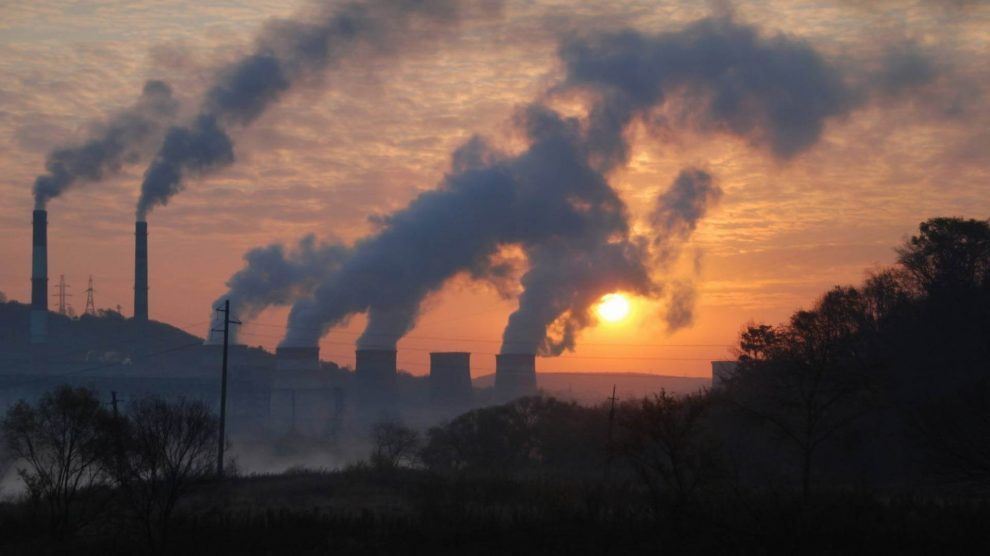

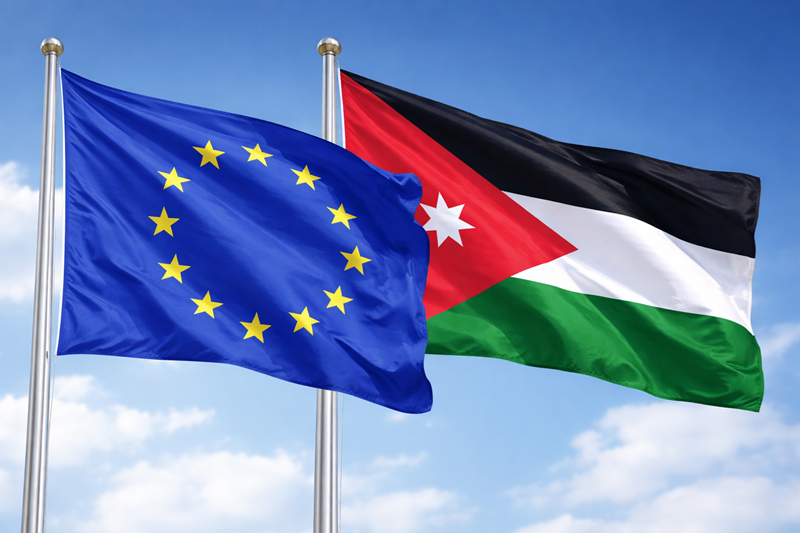
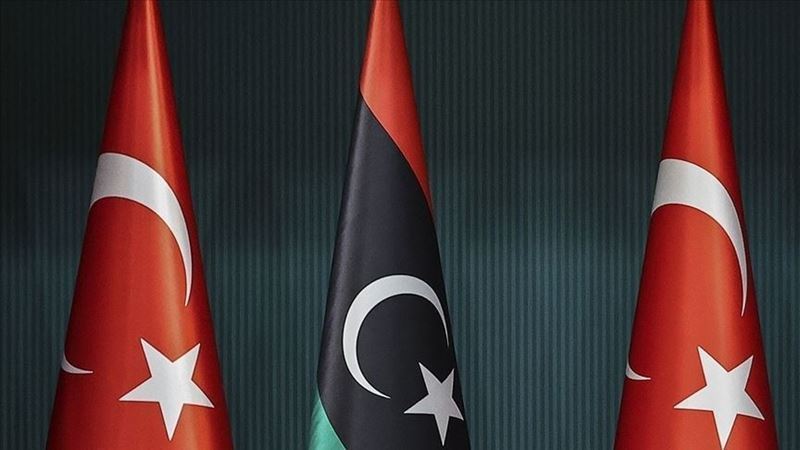
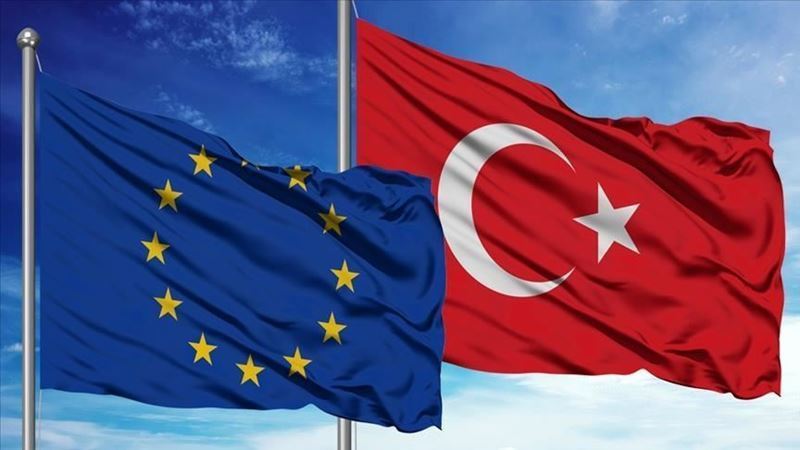
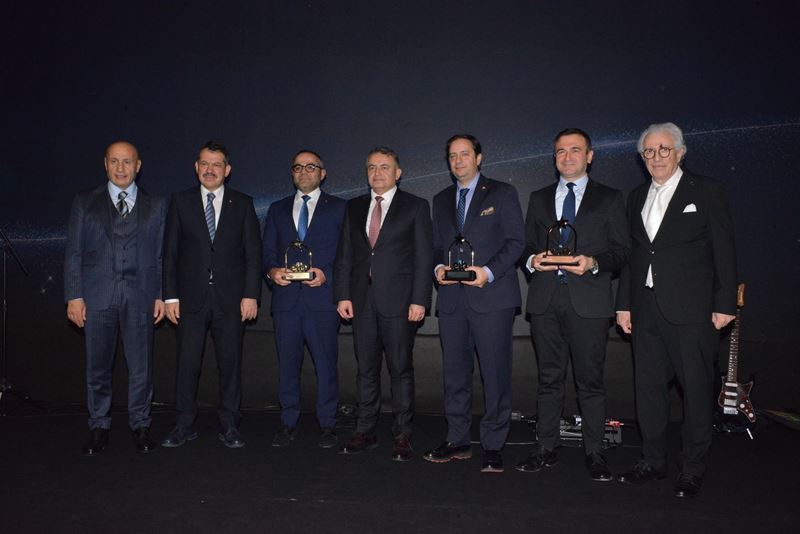


Comments
No comment yet.